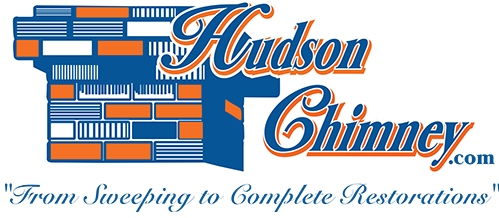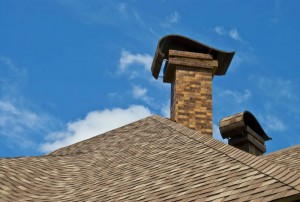National Chimney Safety Week
The first National Chimney Safety Week was in October of 1978, and it was the first recorded celebration of chimney sweeps in the US. Although we at Hudson Chimney are celebrating National Chimney Safety Week this year, it isn’t about us. As certified chimney sweeps, our number one priority is safety for our customers.
Chimney Fires
According to the US Consumer Product Safety Commission there was an average of 22,300 chimney fires annually between 2011 and 2013. Even though this number shows a decrease over previous years, we think this number is too high! With every fire comes a loss of life, health, and property.
National Chimney Safety Week is designed to educate homeowners, communities, and professionals about chimney safety and fire prevention. It occurs October 1-October 7, but the mission is year-round. Hudson Chimney, as a CSIA member, makes it a priority to educate the community about chimney safety year-round and offer services to further this mission.
Safe Chimneys
Both the National Fire Protection Association (NFPA) and the Chimney Safety Institute of America (CSIA) recommends routine maintenance for the safest and most efficient chimney system. A routine chimney sweep will keep your entire system cleaned of debris, soot, and creosote, that can slow airflow and raise fire risk. Creosote is a highly flammable material that will coat the flue if it isn’t cleaned away.
An annual chimney inspection is essential for ongoing chimney safety. The inspection identifies issues that homeowners won’t recognize until it is too late. A technician will identify hazards, weaknesses, and faulty components in all parts of your chimney system. Learn which level of inspection you should schedule here.
Safe Fires
If your chimney is safe and clean, then you are ready for your first fire of the season. It can be an exciting time of year, but it’s important to remember fire safety this fall and through the holidays, until winter is over. When you practice fire safety, and teach your family to do so, you will all be safer from chimney fires.
- Burn only properly seasoned firewood in your fireplace, insert, or stove. Burning any other items can result in a drop in efficiency, or even a flue fire from a fast-rising material that is aflame.
- NEVER light a fire using any kind of fuel other than wood and kindling. Using gasoline, kerosene, or oil is not safe in any fireplace or appliance.
- Use the damper or glass doors to help control the heat and flame. Never close the damper while a fire is burning, otherwise carbon monoxide and smoke is forced into the house
- Install a screen or custom glass doors to prevent small children from falling into a burning fire.
- Do not hang decorations on or near the hearth. Keep Christmas trees and other large decorations far enough away that they cannot land in the fireplace if they fall.
- Practice fire safety habits and teach your children and guests to follow house rules regarding the fire.
- Install smoke alarms and carbon monoxide detectors, checking batteries monthly.
House fires aren’t always preventable, but chimney fires are! Ask Hudson Chimney about preventative services to help you feel safe this winter.

